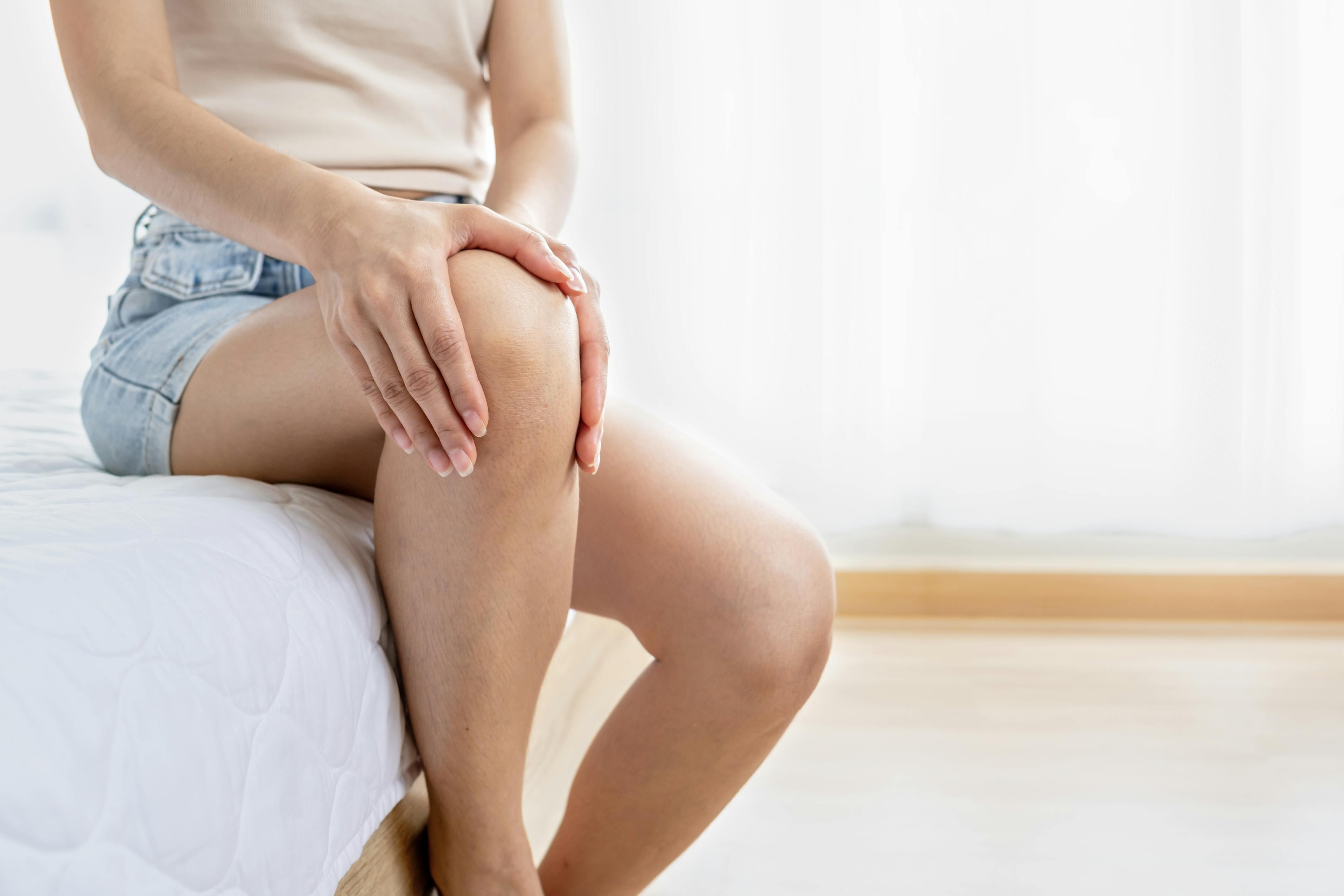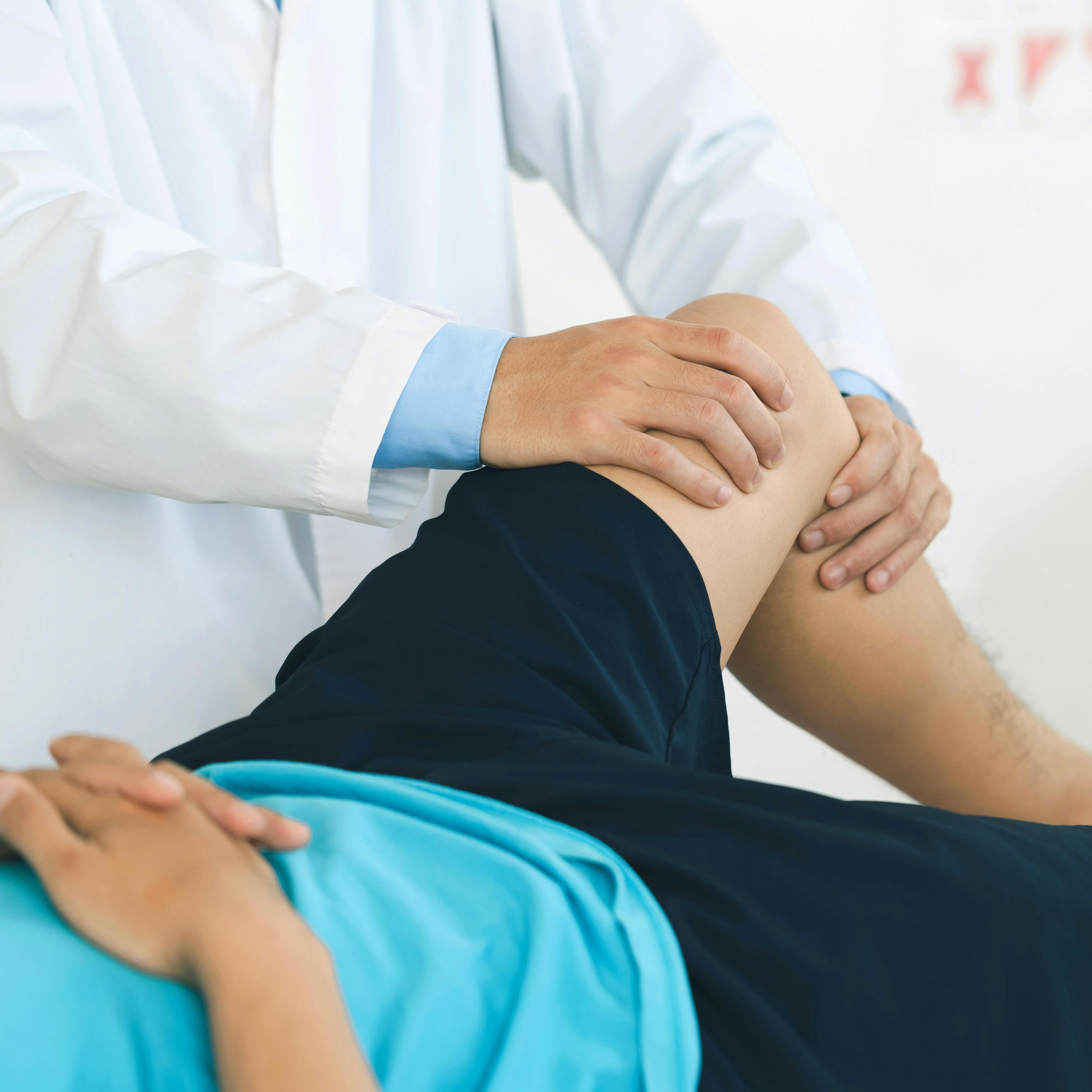If you’ve ever woken up with a small, painful, red blister on your lip or the corner of your mouth, chances are you’ve gotten a cold sore.
The good news is that cold sores, also known as fever blisters, are extremely common. In fact, between 50 and 80 percent of American adults have oral herpes (HSV-1), which causes cold sores or fever blisters in or around the mouth. These cold sores often appear during times of stress or illness, which can trigger an outbreak and typically last anywhere from 7 to 14 days, depending on individual factors.
During this period, cold sores are highly contagious from the moment symptoms start until they are completely healed. Fortunately, there are ways to accelerate healing and reduce discomfort.
Here are the 5 quickest ways to get rid of a cold sore effectively.
1. Use Topical Antiviral Medications
One of the best ways to treat cold sores quickly is to use topical medication. Creams containing docosanol (like Abreva) or antiviral ointments can help speed up recovery when used at the first sign of a cold sore.
These non-prescription cold sore medications work by inhibiting the virus’s ability to multiply, helping to minimize symptoms and shorten the duration of an outbreak. For best results, apply the cream multiple times a day until the cold sore heals.
2. Try Natural Remedies for Fever Blisters
If you prefer a more natural approach, there are several natural cold sore remedies you can try. Ingredients like aloe vera, tea tree oil, and lysine are often used to soothe irritation and help heal cold sores faster.
Applying a natural remedy for cold sores can reduce the time it takes for the sore to heal. Many people turn to natural cold sore remedies like lysine and aloe vera to manage symptoms effectively. Keep in mind, it’s important to do a patch test first to make sure you don’t have an allergic reaction.
3. Keep the Area Moist with Vaseline
Keeping the cold sore moisturized with petroleum jelly can prevent it from cracking and bleeding. This not only helps speed up the healing process but also protects the sore from secondary infections. Routinely apply a thin layer of Vaseline to the cold sore to keep it moisturized and protected.
4. Avoid Popping the Cold Sore
If you’re considering whether you should pop a cold sore, it’s best to resist the urge. While it may be tempting, doing so can worsen the infection, prolong the healing process, and even spread the virus to other parts of your body.
Letting the sore heal on its own is the most effective approach. Cold sores are highly contagious throughout their lifecycle; touching them only increases the risk of spreading the virus to others. For this reason, it is recommended to wait until the cold sore is completely healed before kissing or engaging in close contact with others to prevent transmission.
5. Understand When Cold Sores Are Contagious
As we’ve covered, cold sores are highly contagious, especially when they are open and oozing. Many people wonder, “How long are cold sores contagious?” or “When are cold sores contagious?” Cold sores are most contagious from the time they begin to form until they completely scab over and heal, which can take up to two weeks. During this time, it’s best to avoid sharing utensils, kissing, or any close contact that could spread the virus.
Do cold sores mean you have an STD?
No, cold sores are typically caused by HSV-1, which is different from the virus that causes genital herpes (HSV-2). However, both types of herpes simplex can affect either the mouth or genital area.
Start Healing Your Cold Sores Today
While cold sores can be both painful and inconvenient, there are quick and effective ways to manage them and speed up the healing process.
By using antiviral creams, trying natural remedies, keeping the area moisturized, avoiding popping, and understanding when cold sores are contagious, you can minimize discomfort and prevent spreading the virus.
If you experience frequent outbreaks, consult a cold sore specialist for more personalized advice and treatment options.




